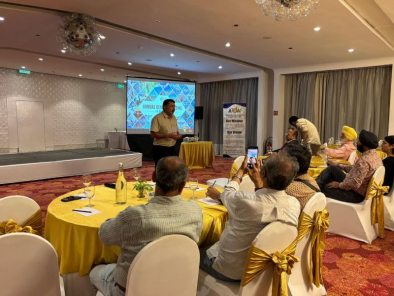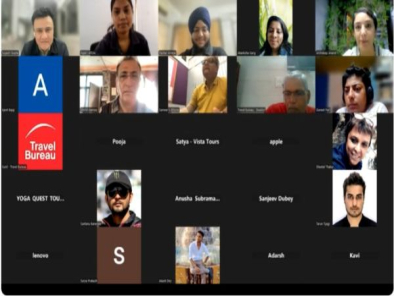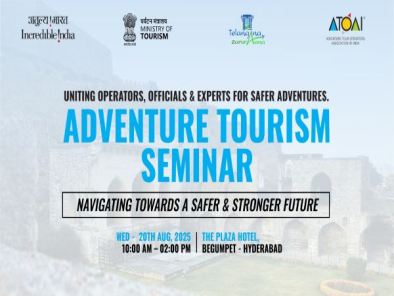Felicitation Meet With ADG Ms. Rupinder Brar
The ATOAI Women’s Collective, Arshdeep Anand, Chairperson AWC, along with AWC team members, Akanksha Garg, Guneet Puri, & Manager ATOAI Secretariat, Sonam Bhutia, celebrated the appointment of Ms. Rupinder Brar as the Additional Director General, Ministry of Tourism, and felicitated Ms. Brar for her immense contribution to the Indian Tourism. Ms. Brar has handheld the industry colleagues through the toughest phase of Covid 19 & encouraged them to keep moving on by supporting their initiatives through ‘Dekho Apna Desh.
The felicitation meet was the second in the series held on 27th April 2022 at Transport Bhawan, Ministry of Tourism.
https://drive.google.com/file/d/1b4TmcAH3CCT7jsl5rk6pdoxPiDVsQI9T/view?usp=sharing




